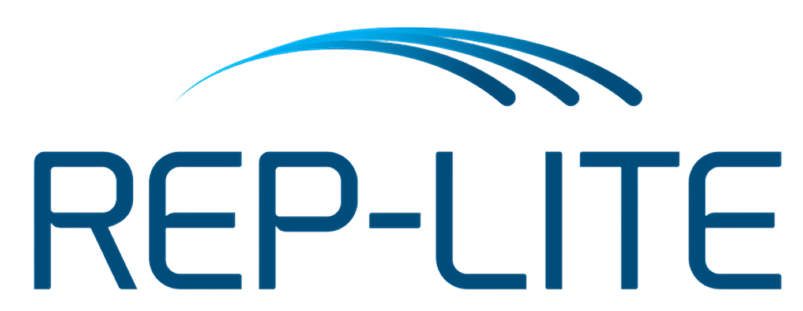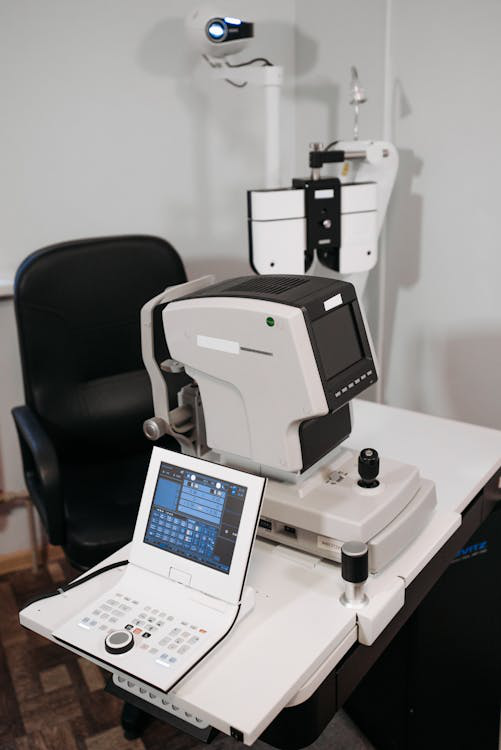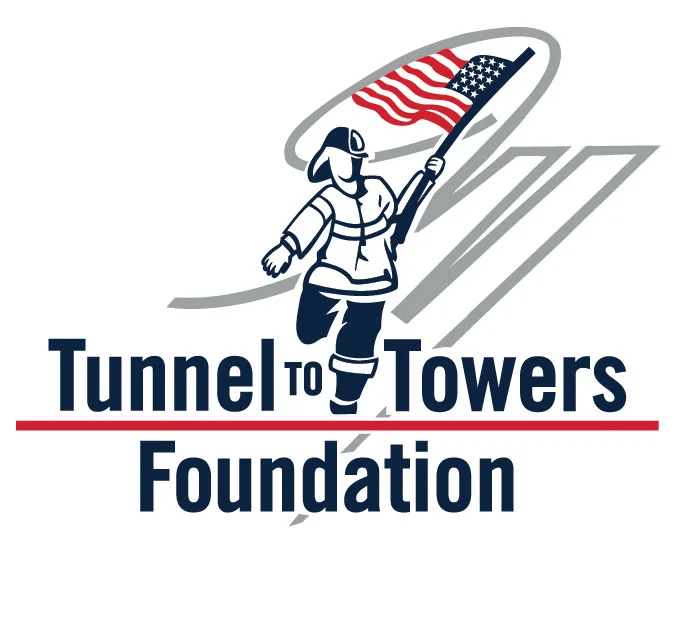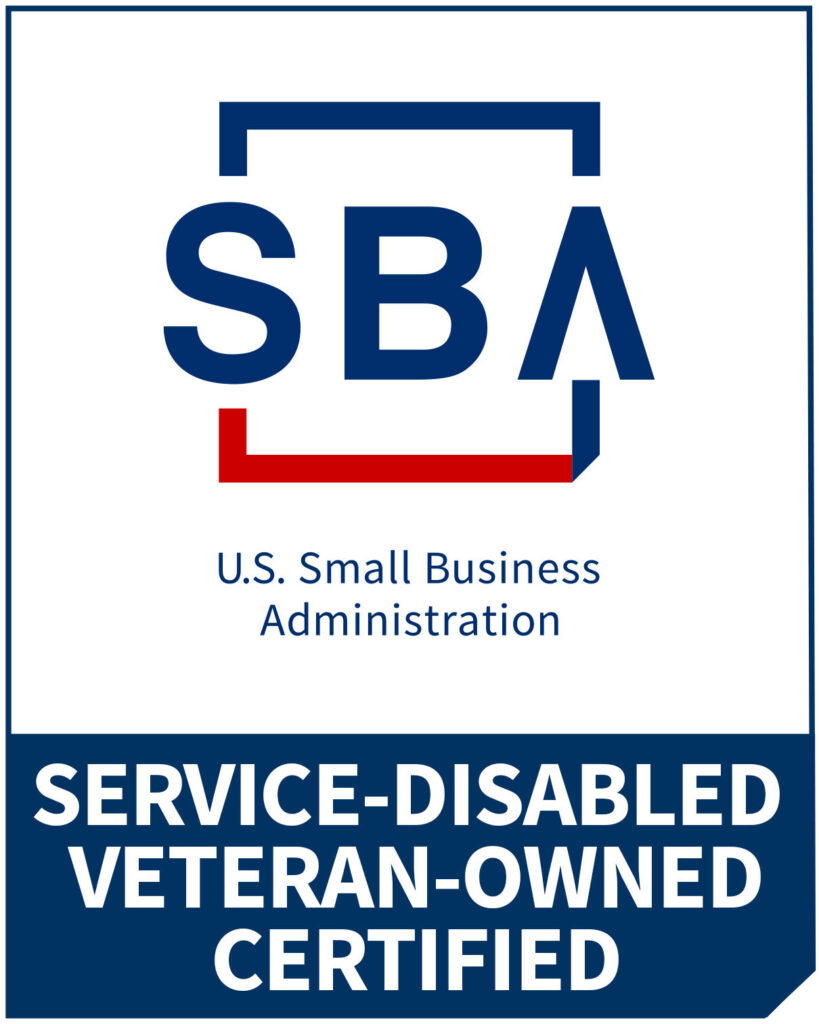In today’s competitive job market, an entry-level resume serves as your key to unlocking the doors of your dream job. It is a crucial document that showcases your skills, qualifications, and potential to prospective employers. With a well-crafted entry-level resume, you can significantly boost your chances of securing an entry-level position and embark on a fulfilling career journey.
The Importance of an Entry-Level Resume
Securing your first job can be challenging, especially when you lack extensive professional experience. This is where an entry-level resume becomes your most powerful tool.
It allows you to highlight your academic achievements, internships, projects, and transferable skills, demonstrating your readiness to contribute to the workforce. A well-crafted entry-level resume not only helps you stand out from the competition but also convinces employers of your potential and suitability for the role.
Understanding the Basics of an Entry-Level Resume
An entry-level resume differs from its experienced counterpart, the executive resume, in terms of content and emphasis. While experienced professionals can rely on a robust work history, entry-level candidates need to prioritize their educational background, internships, projects, and transferable skills.
Let’s delve into the key components that make an entry-level resume impressive.
Researching and Analyzing Job Requirements
To create an impactful entry-level resume, you must first research and analyze the specific requirements and preferences of potential employers in your desired entry-level job. This research will enable you to tailor your resume to meet the expectations of employers in your industry and stand out from other applicants. Here are some essential steps to guide your research process:
Identifying the Skills and Qualifications Sought by Employers
Carefully examine job postings and company websites to identify the skills, qualifications, and characteristics that employers value. Make a list of the technical and soft skills frequently mentioned and consider how you can demonstrate your proficiency in those areas.
Conducting Industry-Specific Research
Take the time to understand the trends, challenges, and advancements in your chosen field. Explore professional organizations, industry publications, and relevant forums to gain insights into the skills, knowledge, and experiences that are highly valued within the industry. This research will help you align your resume with the current demands of the job market.
Structuring Your Entry-Level Resume

A well-structured entry-level resume ensures that your information is presented clearly and effectively. Let’s examine each section of the resume and explore strategies to make them impactful:
Contact Information and Personal Details
Launch your resume with a header that showcases your complete name, up-to-date contact information, and a professional email address. You may choose to include a professional summary or objective statement to provide a concise overview of your skills, goals, and the unique value you can bring to the organization. For example:
Name: Jane Doe
Email: jane.doe@email.com
Professional Summary: Ambitious and detail-oriented recent graduate with a passion for sales and pharmaceuticals. Seeking an entry-level position where I can leverage my strong skills and creativity to meet sales targets and contribute to organizational growth.
Education Section
Highlight your educational background, including degrees, certifications, and relevant coursework that align with the job requirements. Shine a light on your academic achievements, such as honors, scholarships, or research projects, to underscore your commitment to excellence in your field. Here is one of the entry-level resume examples you can use:
Education:
Bachelor of Science in Basic Medical Sciences (GPA: 3.8)
University of XYZ, Year
Relevant Experience and Internships
Showcase any internships, part-time jobs, or volunteer experiences that are relevant to the position you’re applying for. Highlight transferable skills gained during these experiences and emphasize specific accomplishments or contributions that demonstrate your ability to apply knowledge in practical settings. For example:
Internship Experience:
Sales Intern, XYZ Company
- Developed and implemented social media marketing strategies, resulting in a 30% increase in brand engagement.
- Conducted market research and competitor analysis to identify emerging trends and inform marketing campaigns.
Projects and Coursework
Include significant projects and coursework that showcase your skills and knowledge in the field. Describe your role, the methodologies used, and the outcomes achieved to demonstrate your problem-solving abilities, creativity, and practical application of theoretical concepts. For example:
Project Highlights:
Sales Analysis Project, University of XYZ
- Developed a comprehensive sales performance dashboard using data analysis and visualization tools.
Skills Section
Create a dedicated skills section to highlight both technical and soft skills that are relevant to the job you’re applying for. Prioritize the skills based on the job requirements and industry trends, ensuring that the most sought-after skills are prominently featured. For example:
Skills:
- Technical Skills: Marketing, Sales Analytics, Microsoft Excel, Google Analytics, Negotiation
- Soft Skills: Communication, Problem-Solving, Team Collaboration, Relationship Building
Additional Sections (Optional)
Consider including additional sections that add depth to your resume and showcase your continuous learning and professional development. These sections can include language proficiency, relevant certifications, professional affiliations, or notable coursework. Here is how these sections would look like on entry-level resume examples for medical sales representatives:
- Language Proficiency: English (Native), Spanish (Advanced), French (Intermediate)
- Certifications: Certified Medical Sales Professional (CMSP), Pharmaceutical Sales Certification
- Professional Affiliations: Member, Medical Sales Advocates (MSA):
By meticulously crafting each section of your entry-level resume, you can present a compelling and well-rounded profile that captures the attention of the hiring manager and positions you as a promising candidate for your dream job.
Remember to continually seek opportunities to enhance your skills and qualifications. Your gateway to landing entry-level jobs starts with powerful and strategically crafted entry-level resumes.
Crafting an Attention-Grabbing Resume

Crafting an attention-grabbing entry-level resume requires careful attention to detail and a strategic approach. Here are some strategies to make your resume truly stand out:
Tailoring Your Resume to the Job Description
Take the time to analyze each job description and customize your resume accordingly. Incorporate relevant keywords, skills, and experiences that directly align with the specific requirements of the role. By doing so, you demonstrate a genuine understanding of the employer’s needs and increase your chances of catching their attention.
Showcasing Achievements and Impact
Employers are not only interested in your responsibilities but also in the impact you made in your previous roles. Use quantifiable metrics and specific examples to highlight your accomplishments. Demonstrate how your actions made a positive impact on projects, teams, or organizations. By showcasing your ability to produce tangible results, you communicate your value as a potential asset to future employers.
Utilizing Action Verbs and Power Words
To make your resume more engaging, employ strong action verbs to describe your responsibilities and achievements. Choose powerful words that create an impactful impression. Instead of using repetitive or mundane phrases, opt for dynamic language that captures the attention of hiring managers.
Formatting and Design Tips
The formatting and design of your resume play a crucial role in its overall impact. Consider the following tips to ensure your resume is visually appealing and easy to read:
- Choose a clean and professional resume layout.
- Use appropriate fonts, headings, and bullet points for clarity and readability.
- Use consistent formatting throughout the document to maintain a cohesive visual flow.
- Incorporate white space strategically to enhance the readability and organization of your resume.
Keeping it Concise and Relevant
While it’s important to provide enough information, it’s equally vital to keep your resume concise and relevant. Avoid including unnecessary details that may dilute the impact of your key qualifications. Focus on the most important and relevant information that showcases your skills, experiences, and potential contributions. For an entry-level resume, aim to keep it to one page to ensure it is concise and easy to review.
Enhancing Your Resume with Additional Elements
To further enhance your entry-level resume, consider incorporating the following elements:
Including a Well-Written Cover Letter
Alongside your resume, a well-written cover letter can provide valuable insights into your personality, motivation, and suitability for the role. Use the cover letter to explain why you are interested in the position, how your skills align with the job requirements, and what you can contribute to the organization. Demonstrate your research on the company and its values, showcasing your genuine interest and enthusiasm.
For example, if you want to be successful in an entry-level medical sales position, you will have to exhibit interest in the company’s values, aligning your own goals and work ethic with its mission.
By showcasing a genuine passion for the healthcare industry and the products or services offered by the company, you can demonstrate your dedication to making a positive impact on patient care and the overall success of the organization.
Incorporating a Professional Online Presence
In today’s digital age, having a professional online presence is essential. Consider linking your LinkedIn profile and other relevant online platforms to your resume. LinkedIn is known to be one of the go-to talent-sourcing platforms. Therefore, we recommend that you ensure consistency between your resume and online profiles, and make sure they portray a professional image. A strong online presence allows employers to gain a comprehensive view of your qualifications and potential.
Proofreading and Editing Your Resume
Before finalizing your resume, it is crucial to thoroughly proofread and edit it. Pay attention to grammar, spelling, punctuation, and formatting errors that may undermine your professionalism. Consider seeking feedback from mentors, professors, or career advisors who can provide valuable insights and suggestions for improvement.
Unleash Your Potential with a Masterfully Crafted Entry-Level Resume
Crafting an impressive entry-level resume requires a thoughtful approach, attention to detail, and a deep understanding of the specific needs and expectations of employers in your desired field.
By researching and analyzing job requirements, structuring your resume strategically, and tailoring it to each job description, you can create a document that highlights your potential and stands out from the competition.
Enhancing it with additional elements such as a well-written cover letter and a professional online presence further strengthens your candidacy. Lastly, through careful proofreading and editing, you can ensure your resume is error-free and effectively represents your skills and experiences.
Ready to save yourself the trouble of getting hired? Partner with Rep-Lite, your gateway to a dream job in the medical sales industry! Our network connects talented professionals like you with top companies in need of skilled sales representatives.
Say goodbye to the hassle of endless job applications and let us streamline your path to landing your dream medical sales job.






























